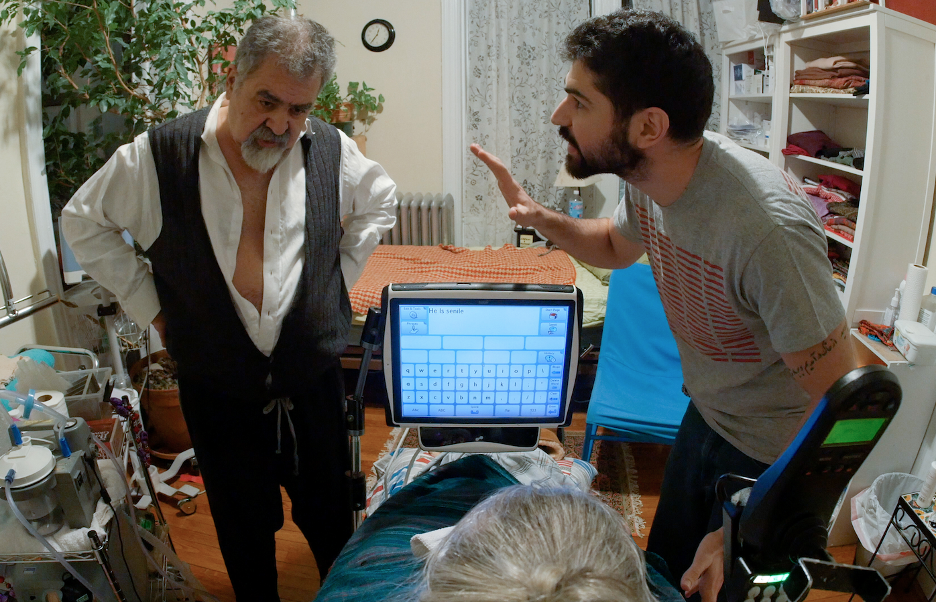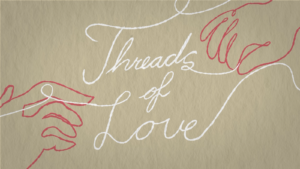
Eat Your Catfish Discussion Guide
At a glance
Film summary
Introduction
This guide is an invitation to dialogue. It is based on a belief in the power of human connection and designed for people who want to use Eat Your Catfish to engage family, friends, classmates, colleagues, and communities. In contrast to initiatives that foster debates in which participants try to convince others that they are right, this document envisions conversations undertaken in a spirit of openness in which people try to understand one another and expand their thinking by sharing viewpoints and listening actively.
The discussion prompts are intentionally crafted to help a wide range of audiences think more deeply about the issues in the film. Rather than attempting to address them all, choose one or two that best meet your needs and interests. And be sure to leave time to consider taking action. Planning next steps can help people leave the room feeling energized and optimistic, even in instances when conversations have been difficult.
For more detailed event planning and facilitation tips, visit https://communitynetwork.amdoc.org/.
Credits & Acknowledgements
Michele Aaron is professor of film and television studies at Warwick University in the United Kingdom and director-curator of the Screening Rights Film Festival, where Eat Your Catfish screened in 2022. Among other publications, she’s written an award-winning book and essay on death, dying, and the moving image and she specializes in the ethics of film and television. In 2017, she produced a series of short films made by participants affected by terminal illness as part of the Life:Moving project.
THANKS TO THOSE WHO REVIEWED THIS GUIDE:
Natalie Dandford, Copyeditor
DISCUSSION GUIDE PRODUCER, POV
Courtney B. Cook, Phd | Education Manager
 Hummingbirds Discussion Guide (Spanish)
Hummingbirds Discussion Guide (Spanish)  Boat People Discussion Guide
Boat People Discussion Guide  Between Goodbyes
Between Goodbyes  StoryCorps Shorts: Threads of Love
StoryCorps Shorts: Threads of Love